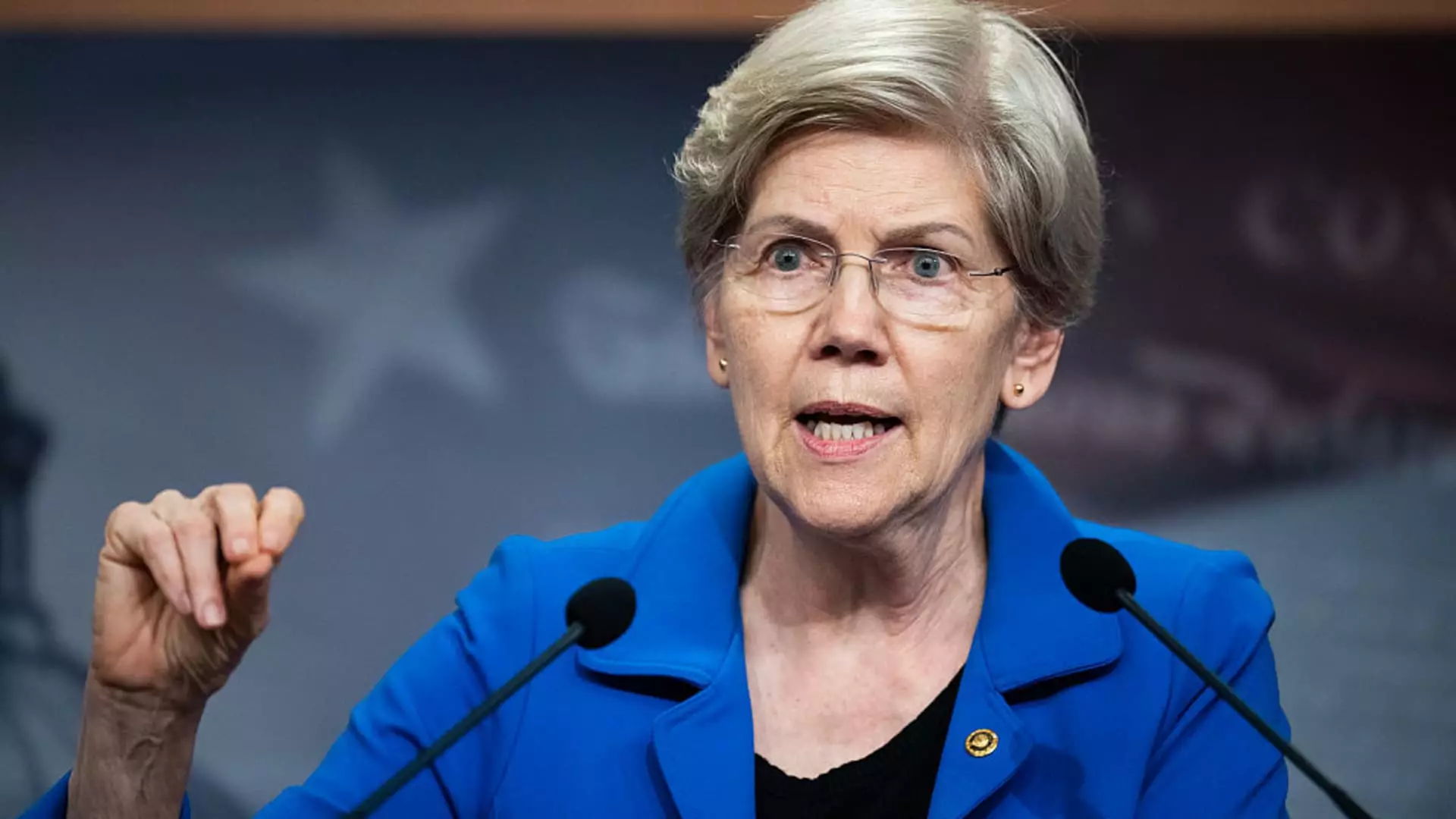In an era where economic integrity should take precedence, the current administration under President Donald Trump is playing a perilous game with tariffs that raises legitimate concerns about corruption. Dozens of Democratic lawmakers have expressed alarm over what they perceive as a systematic effort to exploit the trade agenda not for the good of the nation, but for the enrichment of privileged insiders. The political landscape is awash with allegations that suggest a troubling intersection of power and personal gain, as tariffs are leveraged in ways that predictably benefit only a select few.
Threat of Quid Pro Quo
The alarm bells rang loudest with a letter spearheaded by progressive stalwarts such as Senator Elizabeth Warren, calling for greater transparency in tariff policy. This letter isn’t just an expression of discontent; it’s a critical assessment of an evolving system fraught with the potential for quid pro quo arrangements. When the President develops trade policies that visibly favor corporate allies, like the recent exemption of electronics from tariffs benefiting giants like Apple, it is not difficult to connect the dots. This could decimate the very premise of fair trade and instead morph it into an unpredictable marketplace where political favoritism reigns supreme.
The Shadow of Insider Trading
The Democrats’ letter also raises an alarming point regarding insider trading—a topic often dismissed as too trivial in the grand scheme of governance but one that could have disastrous implications. When policies shift rapidly and seem designed to favor those with close personal relationships to the administration, the lines become blurred. Such moves undermine public trust and create a climate ripe for corruption. There’s a chilling notion here: if tariffs are being used as a pawn in a high-stakes game of alliances, the economic playing field is no longer leveled. It becomes a treacherous landscape where decisions are made not on the merits, but on who has the President’s ear.
The Diminished Congressional Authority
Moreover, it’s important to recognize the diminished power of Congressional oversight in this context. With the Democrats in the minority, their ability to call hearings or issue subpoenas is largely curtailed, leaving them with a limited toolkit to ensure accountability. This impotency lays the groundwork for less-than-scrupulous behaviors, as the absence of rigorous checks emboldens the executive branch to act with scant regard for fairness or legality. This escalating trend signals a departure from democratic principles toward a more autocratic governance style, where dissenting voices can easily be ignored.
A Call for Vigilance and Integrity
The refusal to acknowledge or counteract these concerning trends could lead to long-lasting ramifications that extend far beyond mere economic policy. Beyond the realm of finance, this issue penetrates the very foundation of democracy itself, where fairness should prevail. The consequences of allowing tariffs to become a tool for corrupt practices would not only undermine the economy but would also dismantle the ethical standards expected of our leaders. If left unchecked, the administration’s actions could herald a new era of governance where the flourishing of the few eclipses the welfare of the many.


Leave a Reply